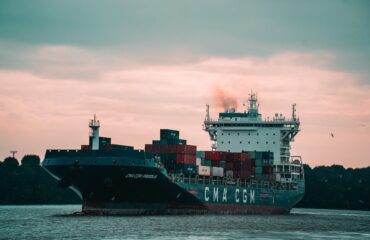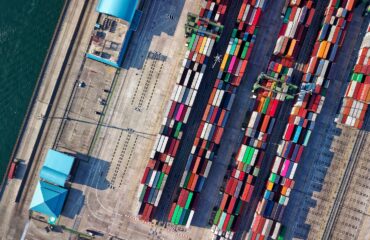“Safely delivering COVID-19 vaccines will be the mission of the century for the global air cargo industry. But it won’t happen without careful advance planning. And the time for that is now,” said IATA Director General and CEO Alexandre de Juniac.
The COVID-19 pandemic has put tremendous stress not only on the population but on economies across the globe. To effectively deal with this situation, much hope has been placed on creating a vaccine. Various countries and leading pharma players are conducting trials on potential COVID-19 vaccines worldwide, which could significantly slow the virus’s spread and ultimately eliminate it. However, while the creation of a vaccine will be historic, it is still not the final step. No matter where and who develops the vaccine first, the real challenge lies in providing the vaccine nationally and internationally. It is, however, a challenge we need to prepare for.
The global supply chain has already been stretched thin by the pandemic. The industries that drive goods around the world on planes, ships, and trucks will have to deal with the challenges of shipping an eventual COVID-19 vaccine from the drug makers to billions of people worldwide. But is the global supply chain ready for this challenge? Let’s explore
The roadblocks ahead
Developing a vaccine in a shorter time-span is hard enough but distributing it across the globe offers a host of other challenges- from manufacturing vaccine contents to storage and packaging components, to cold-chain transit, global and domestic shipping, to distribution strategies. The road to creating and supplying the COVID-19 vaccine will be a long journey troubled with disruptions. Besides the colossal cost involved, the chances of failure are still very high.
However, this is not to say that it is not possible to do it faster than usual. More than 150 vaccines are in development worldwide, and many are in their third phase of trials. The hopes are high to bring one to market in record time to ease the crisis. The key to cross all the roadblocks is to be prepared.
Across the globe, pharmaceutical companies are receiving significant financial backing from their respective governments in their effort to create the vaccine for COVID-19. Therefore, expediting the complete process is not completely impossible.
Nevertheless, whether financial backing is provided or not, there is still no fool-proof method for developing an effective vaccine, and the timeframe still remains a bit uncertain. However, this does not prevent the planning of its arrival. The global supply chain must prepare a strategy to ensure that it reaches people in both a timely and safe manner. The suppliers must not be caught off-guard once the breakthrough is finally announced.
Julian Sutch, head of Emirates SkyCargo’s pharmaceutical division, estimated recently that a single Boeing Co. 777 freighter can carry 1 million individual doses of a vaccine. That means airlifting double-dose regimens to protect half the world’s population would require the space in about 8,000 cargo planes.
Large-scale preparedness is the need of the hour
The most important aspect of a vaccine is that it must be stored at an optimal temperature. The optimum temperature needs to be maintained right from the manufacturing through to the administration of shots. To fulfill this, the lead time between production and the final destination must be reduced.
As per a Bloomberg report, Health officials have said a vaccine that eventually comes to market will likely need to be maintained at 2 to 8 degrees Celsius (35.6 to 46.4 degrees Fahrenheit) throughout the shipping process. Some newer technologies could require more advanced freezers that can keep them at a frigid minus 80 degrees Celsius. Any deviation can ruin the shots.
Other factors will have to be taken into consideration, as well. For instance, the demand for the vaccine will likely outstrip the supply in the immediate term. Therefore, identifying the vulnerable sections of the population and prioritizing would be the key. Not only the supply of vaccines, but the supply of needles, syringes, and peripherals is equally vital for the success of a global vaccination effort.
Different companies often deliver these products; however, these components’ delivery will be crucial just like the vaccine itself. Most importantly, these items should not face any supply shortages which may create problems in administering the vaccine.
The Bottomline – Global supply chains must be able to look ahead and do so accurately
The supply chain integrity may seem like an unknown part of the pandemic-ending effort; however, it is a critical element of vaccine acceptance globally. Safeguarding the COVID-19 vaccines from diversion and falsification, cutting-edge traceability solutions, national-level support, and public-private collaboration will be needed. Emergency response always needs a well-coordinated, pragmatic, and agile action.
FedEx, DHL, UPS, Deutsche Lufthansa AG, and other major players have expertise in delivering pharma cargo. The problem is not vaccine delivery but the volumes involved, which will require massive planning and a coordinated supply chain strategy to make an impact globally.
If this is done right, the COVID-19 response will leave a lasting legacy for more efficient and safer medicine supply chains for the future.





